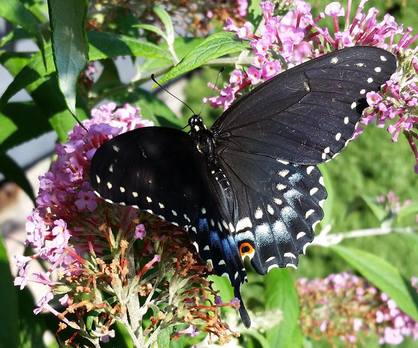 Swallowtail by Vesna Trukulja Swallowtail by Vesna Trukulja Pollinator week is coming up starting June 18th. For us, every day is a day to celebrate the goodness of these small creatures. And while we are losing pollinators and all biodiversity--the variety of life on earth-- at a terrifying rate, there are many ways that we can support pollinator populations and curb this lose. In planting habitat, we raise the awareness level around us concerning sustainability and the interconnectedness of all things--so our small actions have tremendous impact. Knowing that there is a growing community of us is encouraging-- we are not alone. That's why we're inviting you to participate in some of these cool initiatives that connect like minded people across the city. Pollinator Paradise Certification Program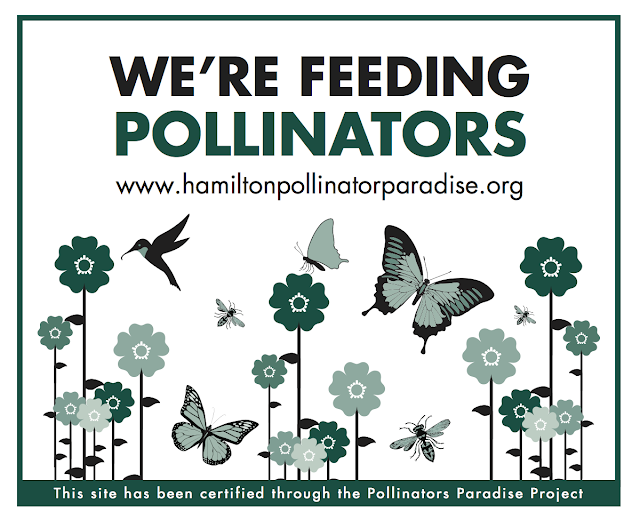 You can certify your new or existing Pollinator Paradise patch to show that you are creating habitat and contributing to pollinator conservation in Hamilton. It's free~This is an opportunity to be included in the Pollinator Corridor that we are building, across the city. You tell us about your pollinator patch, we then put you on our online map of patches listed across the city (the list includes faith communities, schools, and corporations) and you get a sign that says "We are feeding Pollinators." The sign is weatherproof sign identifies your pollinator patch as an official Pollinator Paradise. Monarch Awards 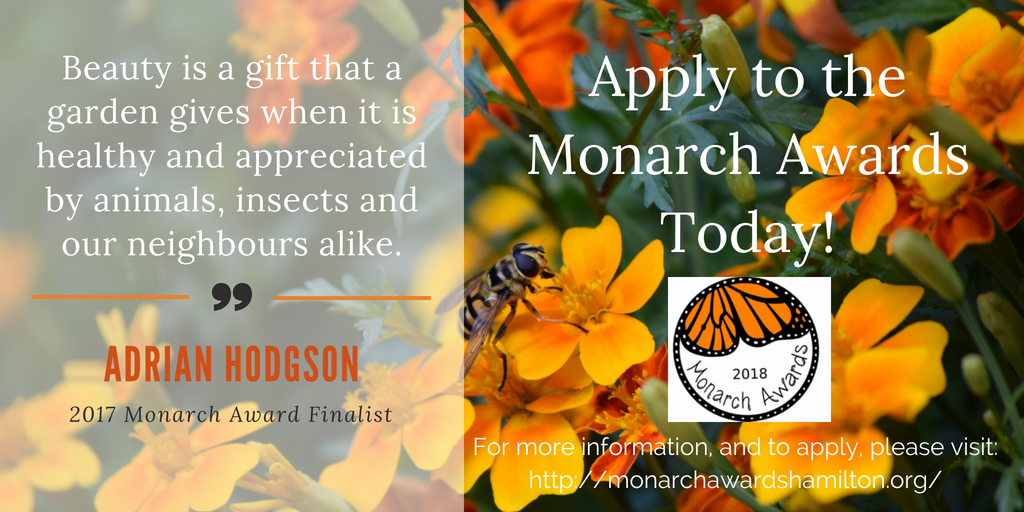 We want to recognize each other and we can do this by entering the Monarch Awards. New this year, small gardens or beginner gardens can apply to the Caterpillar Awards! These Awards recognize Hamilton gardens and gardeners in Hamilton or their contribution to a bio-diverse, sustainable environment. Now in its third year, the Monarch Awards originated with a group of gardeners who had an idea for an “alternative” garden awards program. The organizing committee includes staff from the Hamilton Naturalists Club, Environment Hamilton, along with volunteers from the Royal Botanical Gardens, the Crown Point Garden Club, as well as local residents. Goals of the awards include: *to raise awareness of the importance of bio-diversity and the interconnected web of life in healthy gardens *to increase the amount and quality of habitat and sustenance for birds, pollinators, beneficial insects, and wildlife of all kinds *to improve the sustainability of gardens via: healthy ecology; wise water use and conservation *to challenge the dominant vision-centered aesthetic in garden design with one that acknowledges scent, sound, and touch *to promote creativity and personal expression in garden design, free of the constraints of conventional, human-centered aesthetic “rules” *to promote the social value of sustainable gardens as points of collective awareness, neighbourhood cohesion, and community resiliency in the face of climate change. A winner and finalists will be chosen based on judges’ scores over the six criteria categories. There are six categories: soil, water, plants, materials/hardscaping, cultural practices, and aesthetics. New!! Caterpillar Awards Special “caterpillar” recognition will look at the efforts of: – beginner gardeners without a lot of experience – people making small gardens or “first try” gardens, regardless of the property size – people with small “postage stamp” properties All entrants will receive one of our “We’re Helping Pollinators” garden sign. If you already have a sign we have special “Monarch Award entrant” stickers to put on them. Dates: Entry deadline is midnight Sunday on June 24, 2018. The selection of finalists happens between June 24 and July 8. Judges’ site visits are scheduled for mid-July. In the Zone Tracker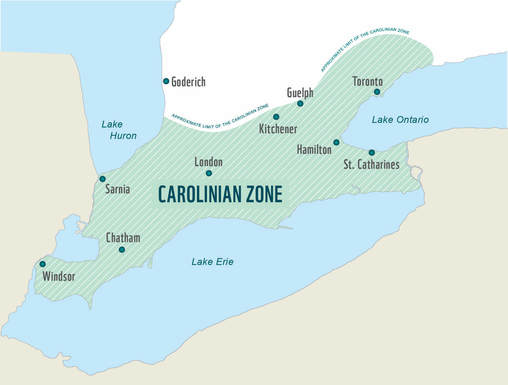 Some of us like to measure our impact, to see how we are making a difference, and there are tools for that too. Yesterday, I registered my garden (if you can call it that-- really, it's more of a wilderness) with in the Zone Garden Tracker. It's an online tool that measures a garden’s contribution to healthy landscapes for wildlife and people in the Carolinian Zone--the goal being "to grow a greener future for wildlife and people in this Zone. The idea is that when you register your garden, it gets included in the Big Picture vision for healthy landscapes. By registering your garden, you get to join "a knowledge-sharing network of active, caring groups and individuals working to reverse habitat loss in the region." It's a pretty straight forward process. The tracker guides you through 10 pages of healthy gardens' features that you can measure to see how you are doing. Step one is about establishing your garden baseline, that is benchmark. You can also use the tracker, before and after planting season to plan your garden, record your plantings, note changes from season to season, earn more points and track your progress. As with our Pollinator Corridor Map, the tracker allows you to connect your garden to other pollinator patches. With In the Zone, "you can connect with fellow habitat-makers, restore green spaces and help rare species. Plus, you are contributing to citizen science."
0 Comments
Leave a Reply. |
Archives
December 2023
Categories |
|
|
Butterflyway Hamilton: www.facebook.com/butterflywayhamilton/
Environment Hamilton: https://www.environmenthamilton.org/ Hamilton Naturalists' Club: https://hamiltonnature.org/ |
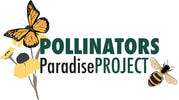
 RSS Feed
RSS Feed